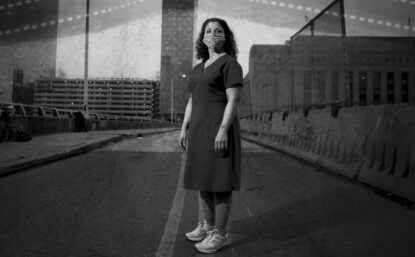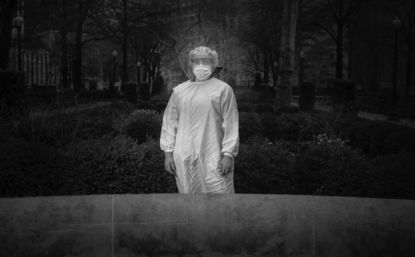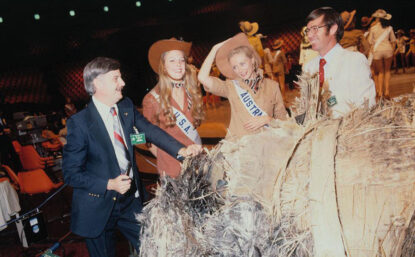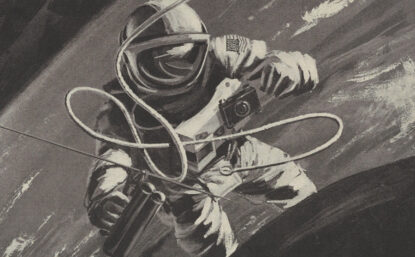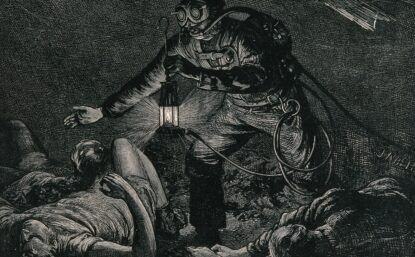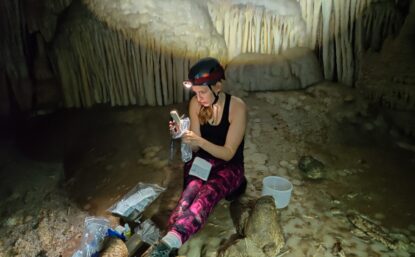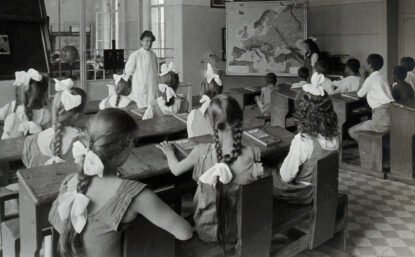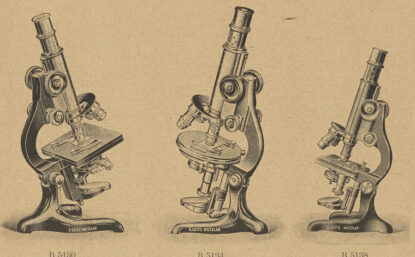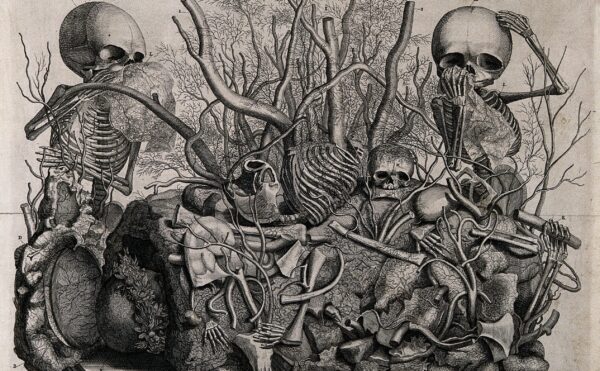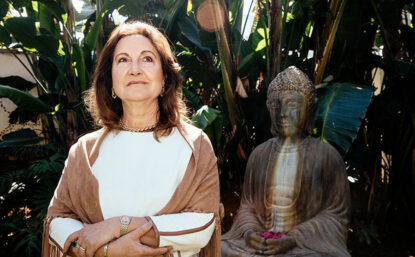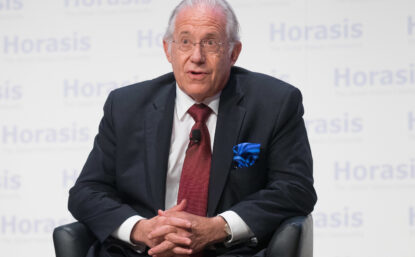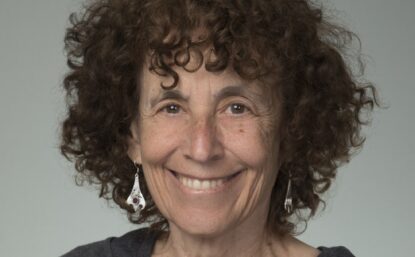Distillations podcast
The History of the School Lunch
A familiar rite of passage that’s been more than 100 years in the making.
Distillations is the Science History Institute’s critically acclaimed flagship podcast. We take deep dives into stories that range from the serious to the eccentric, all to help listeners better understand our world. Hear about everything from the crisis in Alzheimer’s research to New England’s 19th-century vampire panic in compelling, sometimes-funny, documentary-style audio stories.
COVID’s Hidden Toll on Nurses
“I just feel broken.”
Between Us and Catastrophe
Stories from the pandemic’s essential workers.
Space Junk
Historian of science and Institute fellow Lisa Ruth Rand talks about all the debris floating around in outer space.
Who Owns Outer Space?
When Latin America challenged a new era of colonization.
The Alchemical Origins of Occupational Medicine
From Paracelsus to OSHA.
Bonus Episode: Interview with Gabriela Serrato Marks
The marine geologist and geophysicist talks about doing science with an invisible disability.
Science and Disability: Part 2
What is intelligence?
Bonus Episode: Interview with Kim Nielsen
A short history of disability in the United States.
Science and Disability: Part 1
Is seeing believing?
Collecting Monstrosity
The surprising origins of developmental embryology.
Interview with Magda Marquet
The biochemical engineer and entrepreneur on her hopes for a better postpandemic society.
Interview with Robert Langer
The MIT chemical engineer and entrepreneur talks about Moderna Therapeutics, a company he helped start, and his work developing a way for vaccines to self-boost in the body.
Interview with Mark Stevenson
The Thermo Fisher Scientific executive tells us what it took for his instrumentation company to design a diagnostic test for the novel coronavirus.
Interview with John Maraganore
“When you’ve got a public health crisis like this, you’ve got no choice but to deploy all of your resources toward finding a solution.”
Interview with Katrine Bosley
The longtime biotech executive talks to us about how CRISPR can be used to make a faster diagnostic test for COVID-19 and how she’s advising a hospital in creating a vaccine.
Interview with William Haseltine
The scientist, entrepreneur, and author has lived through three epidemics. He tells us how this pandemic compares with his earlier experiences: “It is a tragedy that never needed to happen.”
Interview with Susan Weiss
The University of Pennsylvania microbiology professor talks about her 40 years of experience researching coronaviruses.
Interview with Sue Desmond-Hellmann
The former CEO of the Bill & Melinda Gates Foundation recalls the HIV/AIDS epidemic and the Ebola pandemic: “Early pandemic science is filled with uncertainty.”

